One of the challenges for developing countries is to develop their economy while ensuring a sustainable energy growth. Indeed, most developing countries need to increase their energy production to support the development of their national growth and so that all their population can have access to energy.

South Africa, with an expected Gross Domestic Product growth close to 90% by 2030 and 18% of its population currently not having access to electricity, is in this case. While South Africa plans to strongly develop the use of renewable (nuclear, solar, wind…) on the national level, it will still strongly rely on coal for electricity and fuel production.
Therefore if South Africa wants to limit its climate impact, Carbon Capture and Storage will have to play an important part too.
In order to support sustainable energy growth in South Africa, the European Commission with the South African Department of Science & Technology organized a workshop in Rome to promote collaboration on energy between European research organizations and South African research organizations and universities (Sanedi, University of Western Cape, North-West University). Among other representative from European major energy research centers, Petter Støa and me from SINTEF Energy Research where there to represent the European expertise respectively Carbon Capture and Storage (CCS) and wind energy.

A need for clean energy growth
During this meeting, the South African Department of Science & Technology explained their perspective on required clean energy growth in South Africa and their need for Research & Development on these issues and how to benefit from collaboration with European research organizations. The European Commission also presented their perspective on the topic and possibilities for funding. In addition, most of the participant presented their activities on energy research and how it could benefit from collaboration between South Africa and European countries.
This was a great opportunity for us to discuss our activities on CCS such as the NordiCCS project, the Zero Emission Platform, the BIGCCS Centre, with South African entities interested in Carbon Capture and Storage. It was also the opportunity to present to all participants the results of the European project COCATE on CO2 transport which was done in collaboration with a South African research center (SANERI).


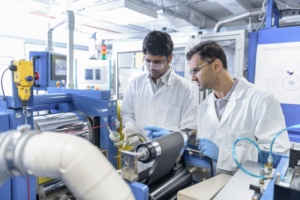
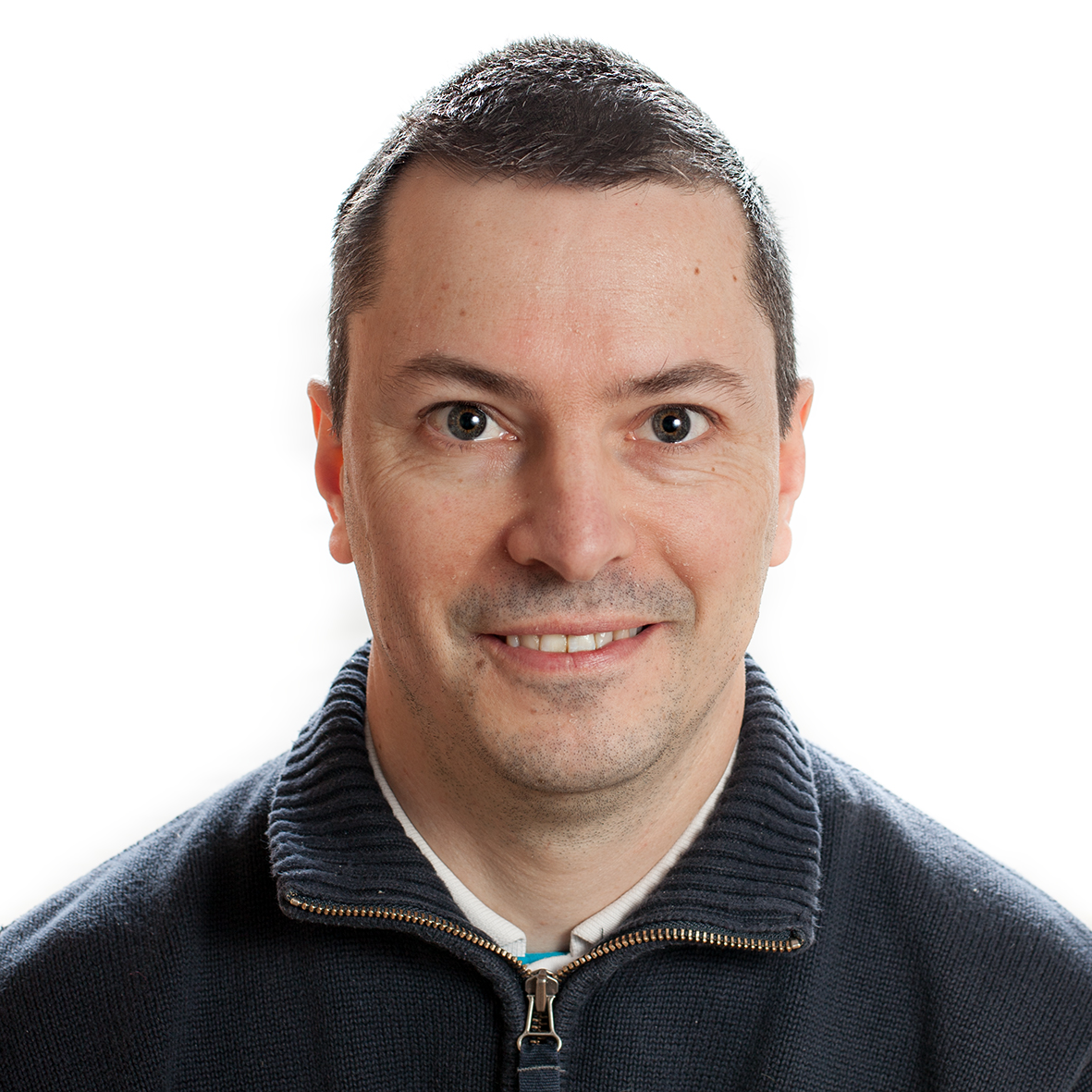
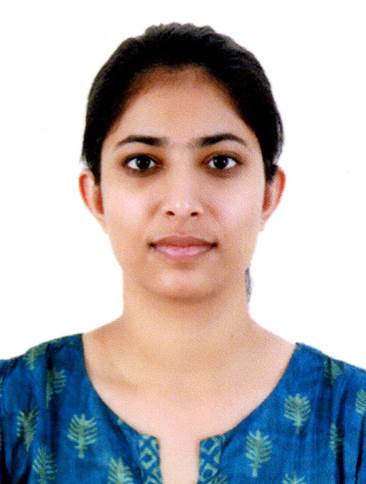
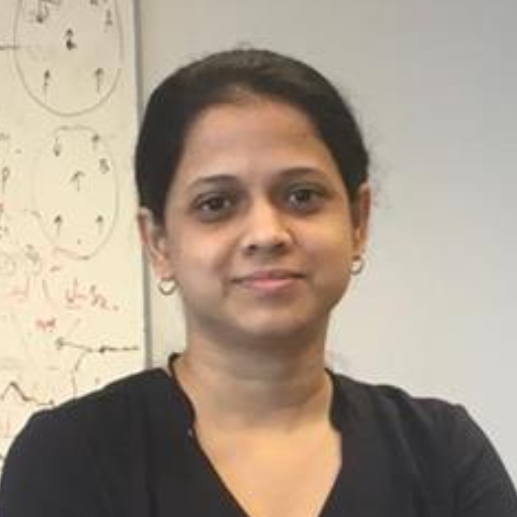
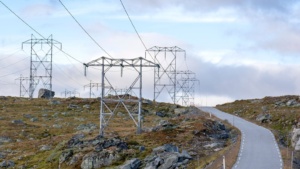
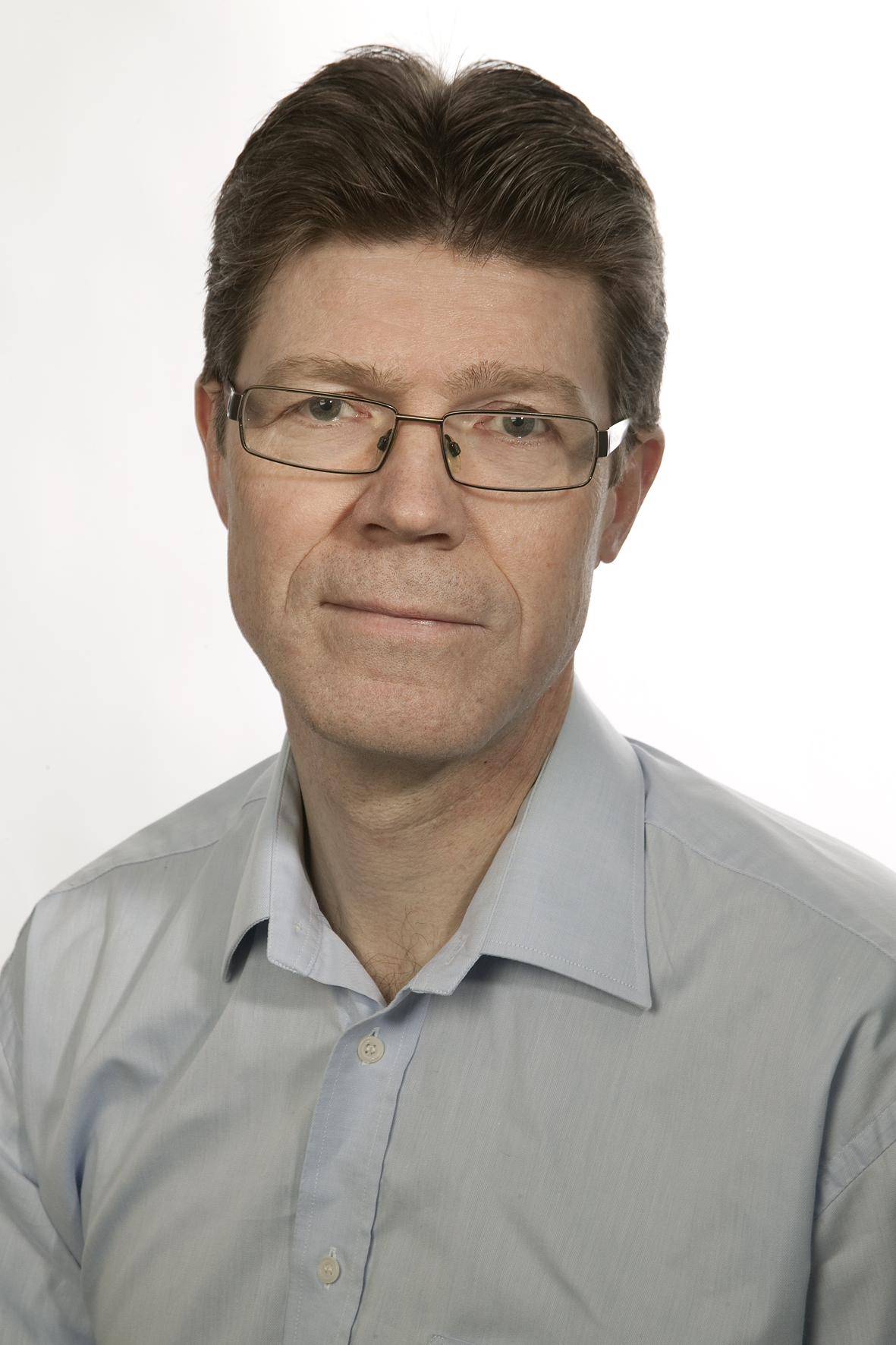
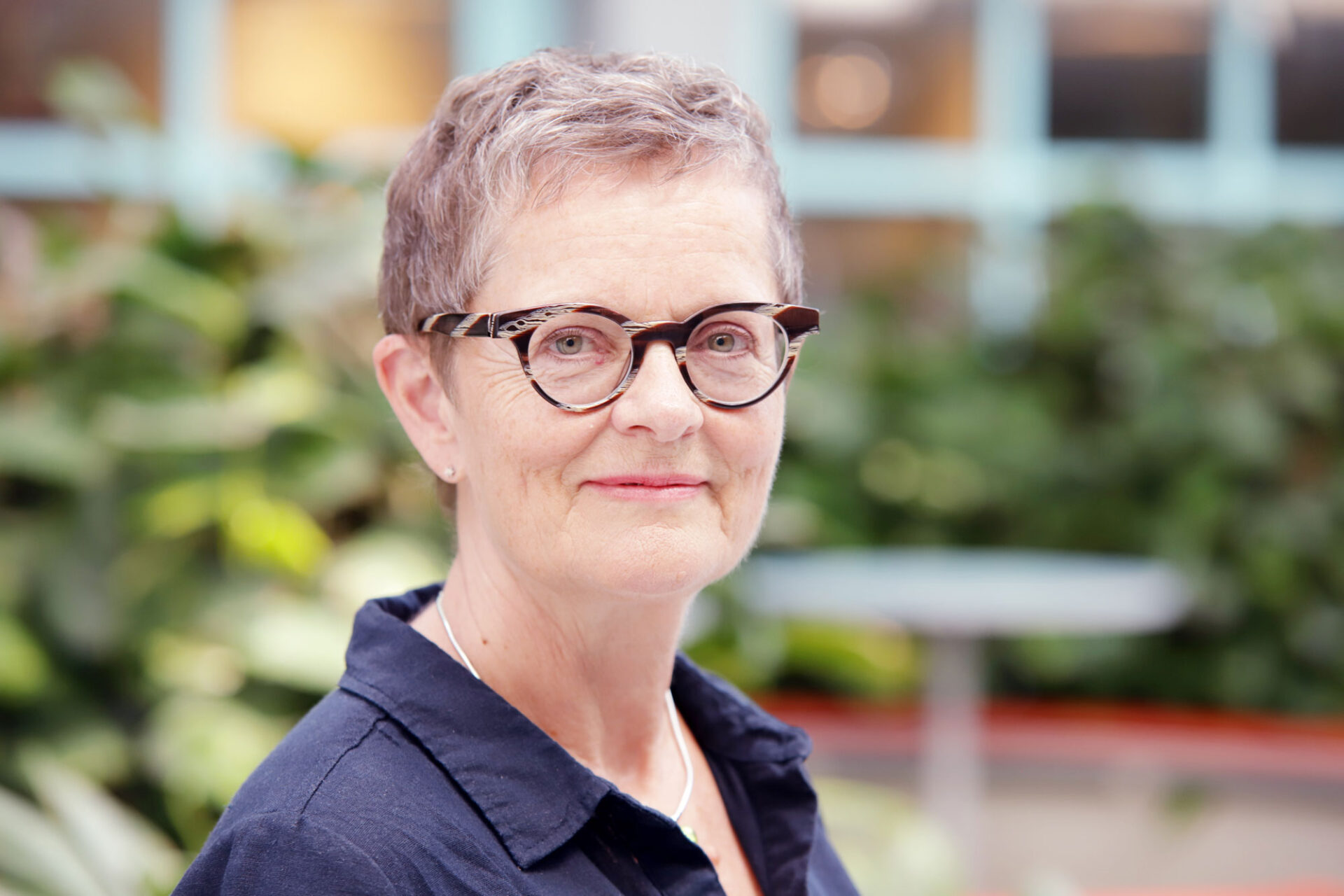
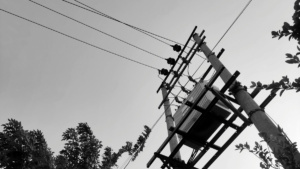
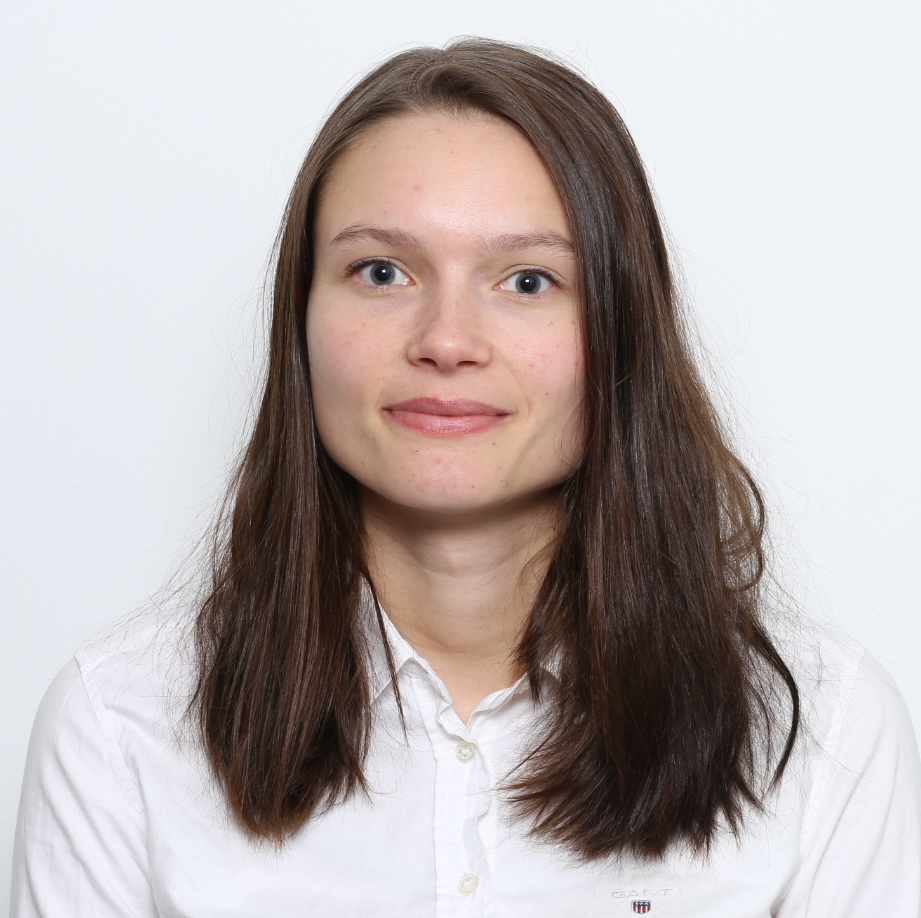
Comments
No comments yet. Be the first to comment!